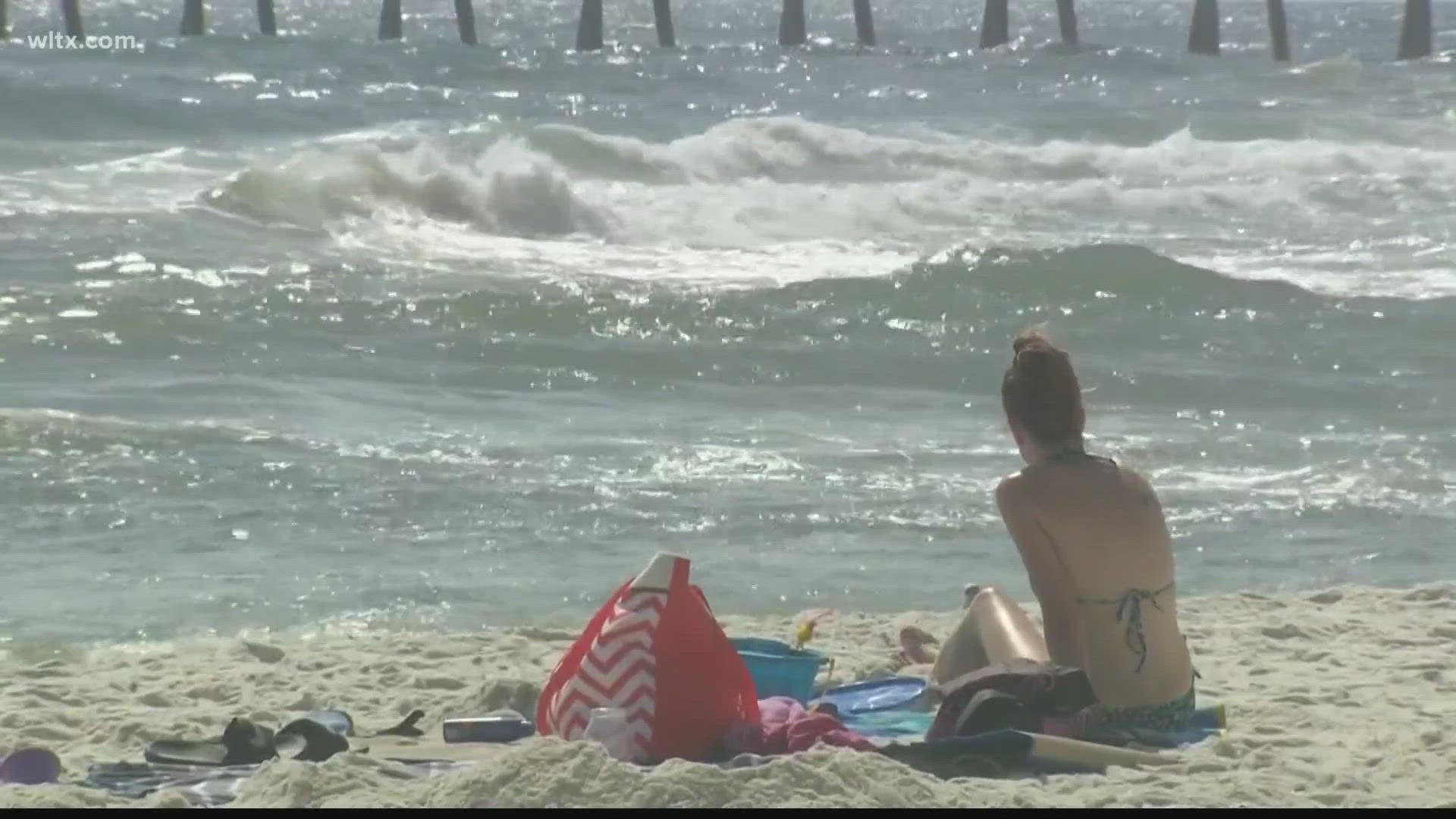COLUMBIA, S.C. — We all know that sunscreen is essential for protecting our skin from the sun’s harmful rays, but it's also important to be mindful of its impact on the environment. Oxybenzone and octinoxate, two common ingredients in many sunscreens, have been found to have harmful effects on marine ecosystems.
While swimming or showering, chemicals like oxybenzone or octinoxate wash off our bodies, end up in the water and can accumulate in fragile ecosystems. They have been found to cause coral bleaching, disrupt hormone systems in fish, and affect the growth and development of marine organisms.
According to National Geographic, 14,000 tons of sunscreen are thought to wash into the oceans each year. Corals provide shelter and food for countless marine species, so these impacts have broad implications for the reef ecosystem.
Hawaii and certain other destinations have implemented bans on sunscreens that are harmful to the environment. In South Carolina, we can make an impact by being conscious consumers. Choose sunscreens that are labeled "reef-safe," "oxybenzone-free," or "octinoxate-free." These products contain alternatives that protect marine life without harming it.

